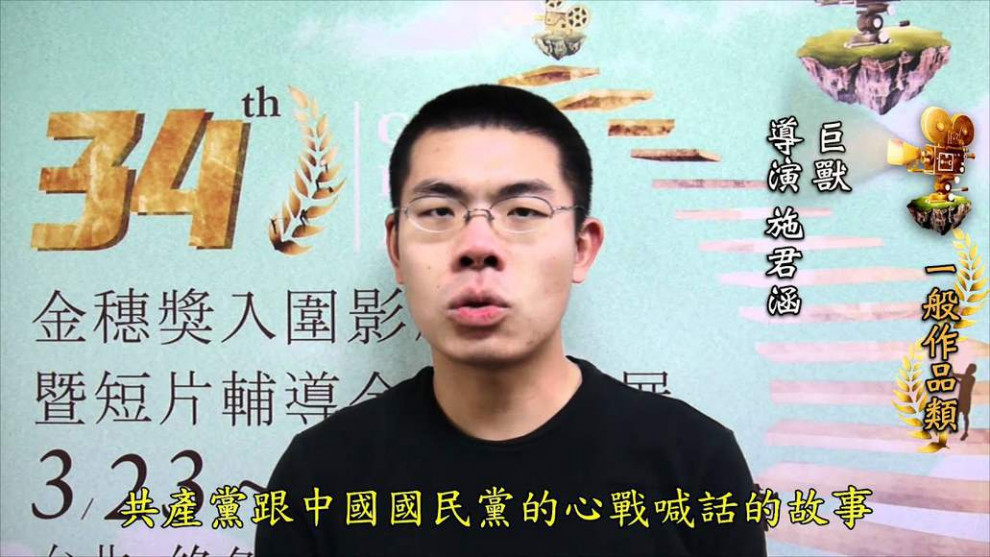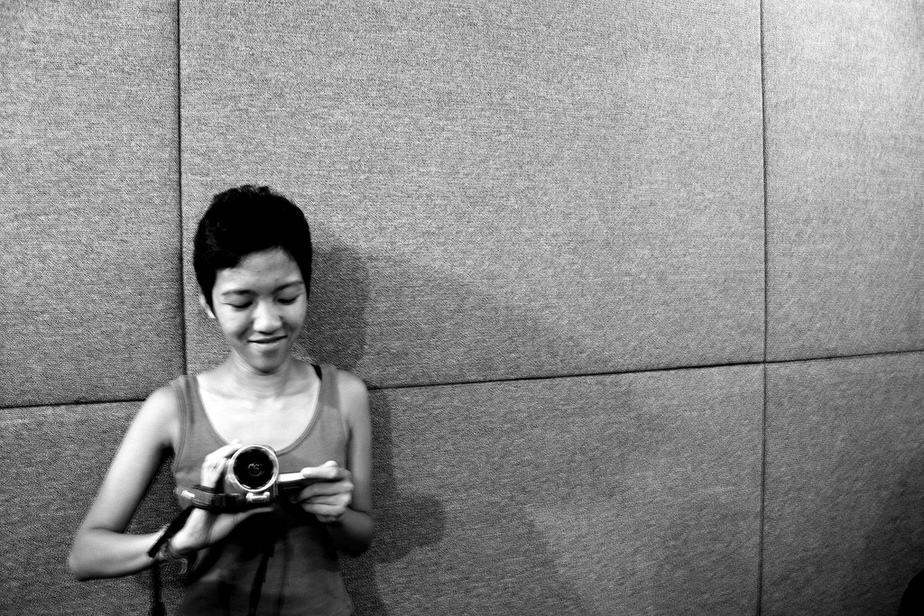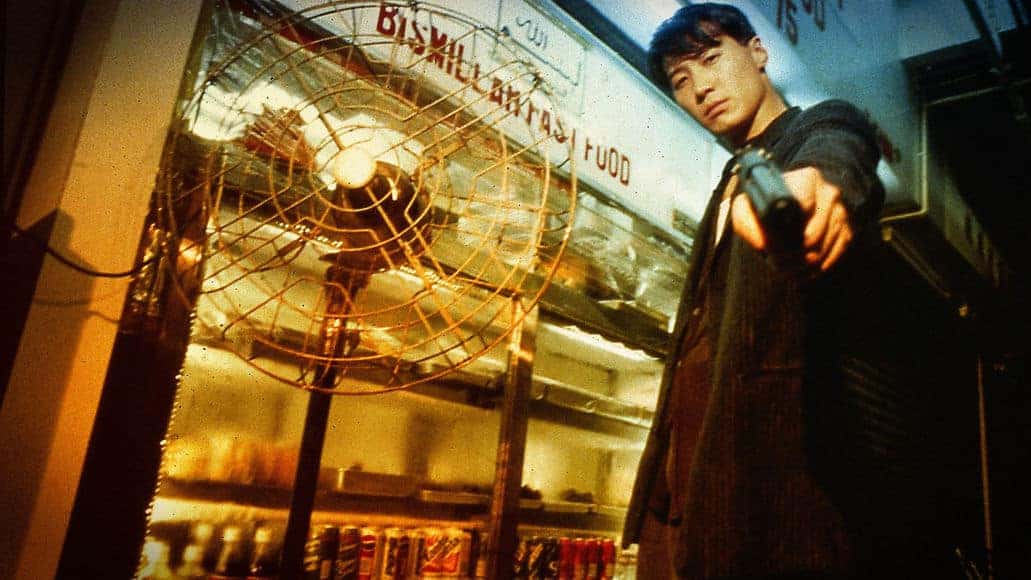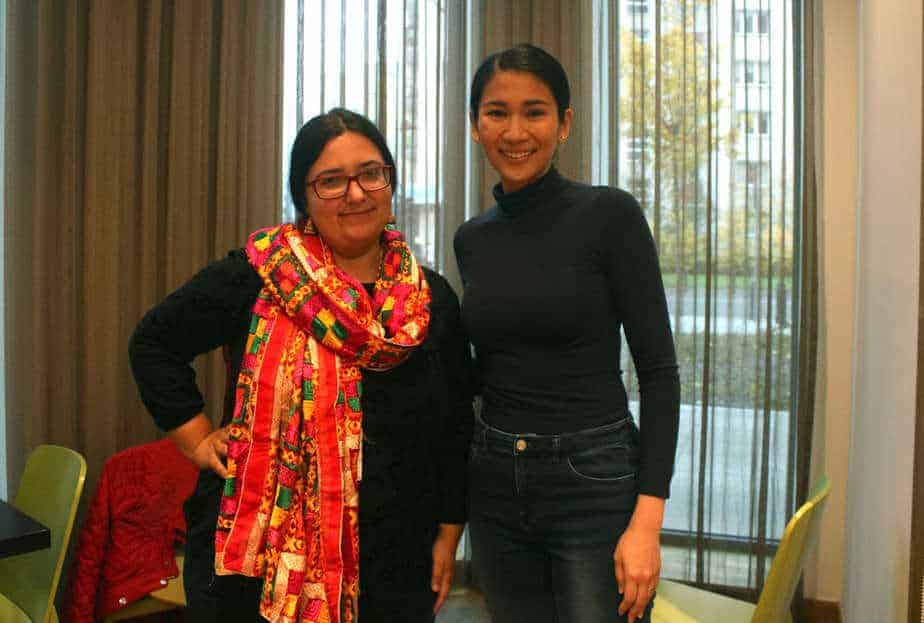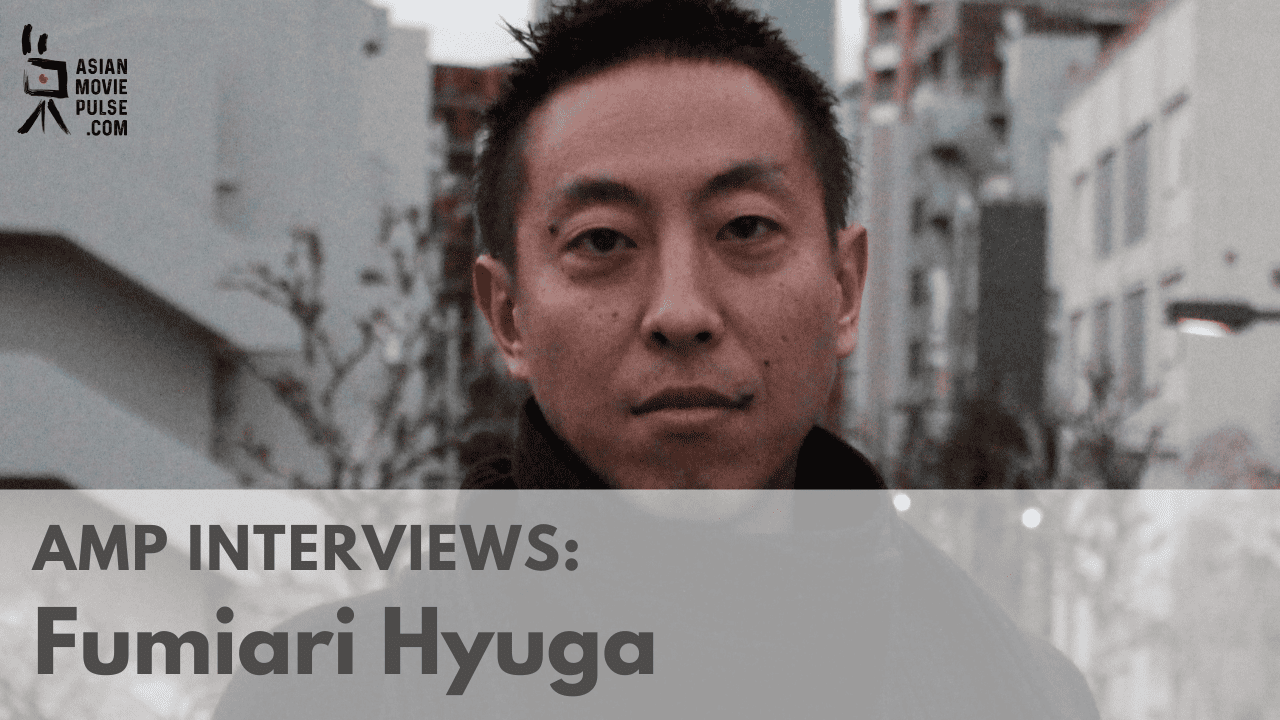Shih Chun-han is an award-winning novelist and screenwriter. His 2013 short “Including Her Out” won the Grand Prize at the Golden Harvest Awards. “RPG” is his latest film.
On the occasion of “RPG” screening at Osaka Asian Film Festival, we speak with him about the connection between MMORPG and life, family relations, Masatoshi Nagase and the Japanese film industry

What was the inspiration behind the film? In general, what is your opinion about the penetration of MMORPG and the digital technology in everyday life?
Five years ago, I saw somebody sticking the model of Minecraft on a real street, and the scene, which shows virtual reality, had a deep impact on me. A few weeks later, I went to buy a PS4, I was becoming a gamer. For me, the most interesting part is not separating ourselves from reality, but the ambiguous combination between virtuality and reality.
I still think games actually show an ideal lifestyle in people's subconscious, such us MMORPG showing people cooperating with each other and within a community, which actually is much like a small society. When the Swedish were developing a new city called Norra Djurgårdstaden, the architects even displayed various parts of the city planning in “Cities: Skylines”, which is a famous strategy simulation game, and citizens could participate in the planning. Life is complicated, but game systems simplify the function of everything. They create a fantasy that makes us feel that the world is controllable, although the presentation of this kind of fantasy in short films is precautions.

The film shows that both family relations and romantic relationships are difficult. What is your opinion on those two themes?
To be honest, I am worried about my relationship and family relationships, but I lack initiative, I do not act on my worries. In “RPG”, we set up a game rule to push people tο take action, which is nice for people like me.
Does the concept of the Sawalong have an ulterior meaning-is it a metaphor?
I think its pronunciation does not sound so good in English. However, in Chinese, it sounds really cool, and the Sawalong is huge and only appears at the end of the tour. Furthermore, in the ending of the film, it is revealed that the boy's end of the tour was controlled by his sister. It means that sometimes, the answers we are looking for can come from someone else. The journey is not that long. It depends on whether you would rather have a connection with others or not, and if you are willing to give others a chance to give you answers.
The SFX in the film, particularly regarding the battles are impressive. Can you give us some details about your approach in that department?
Even though I am a director, I was the most ignorant about VFX. My experience of directing VFX film is zero. However, my VFX team is very professional, so I did not have to place much effort on this aspect. Instead, I focused on showing the actors how to react with the VFX.

To be honest, regarding the acting part, I made a few mistakes. I asked the VFX supervisor, “Is it difficult to make a scene where Masatoshi Nagashe talks with the AI emoji?” and he told me that it is not difficult due to Masatoshi Nagase's spectacular acting.
For the battles scene, I regret not giving more space to the actors. The characters can actually do more in the VFX environment, I have to “level up” in that aspect.
How did you manage to cast Masatoshi Nagase? How was the overall casting process like?
The process of casting worked quite well. In the beginning , I just told the producer that I wish to find an actor whose charisma is similar to Masatoshi Nagase. Then, the producer contacted Masatoshi Nagase directly. I still cannot understand how the producer waved the magic wand. At that moment, the thing that inspired me is we have to make a wish with a sincere heart because it may come true in the future.
After communicating with Masatoshi Nagase, I came back to revise some dialogueσ in the script. Masatoshi Nagase has a gentle and quiet grace, this quality made me want to revise the character to be closer to him. It was actually a new way of making me learn something.

Your film feels quite Japanese, what is your opinion about the Japanese industry at the moment?
There is an eco-system called Banyan Tree Grove, where Banyan trees grow up together. It is hard to say which one is which, because their roots are connected. Japanese movies, manga ,and literature build a complete system, like Banyan trees; it fascinates me and I have utmost respect for this system. This concept affects me a lot. Despite the fact that Japanese cinema is not the most powerful one in the international film market, the Japanese system is still indomitable and perennial.
Sometimes, when I come up with an idea, I try to use different ways to realize my ideas, such as writing a novel or shooting a film. In the Japanese industry, they are so good at changing their thinking mode during the creation period. There are comics and light novel, that , during their creation period, their creators try to make it easy to be adapted in cinema, as in the case of Shuichi Yoshida's “Villain”, which is a great movie adaptation. Sometimes, Japanese movies make me feel homesick, as in the case of Juzo Itami's movies. It is weird, because his movies make me nostalgic, even though I have never been to Japan.
Are you working on anything new?
I am working on a movie story that shares the same world view as in “RPG” , but the story and the characters will be new.


